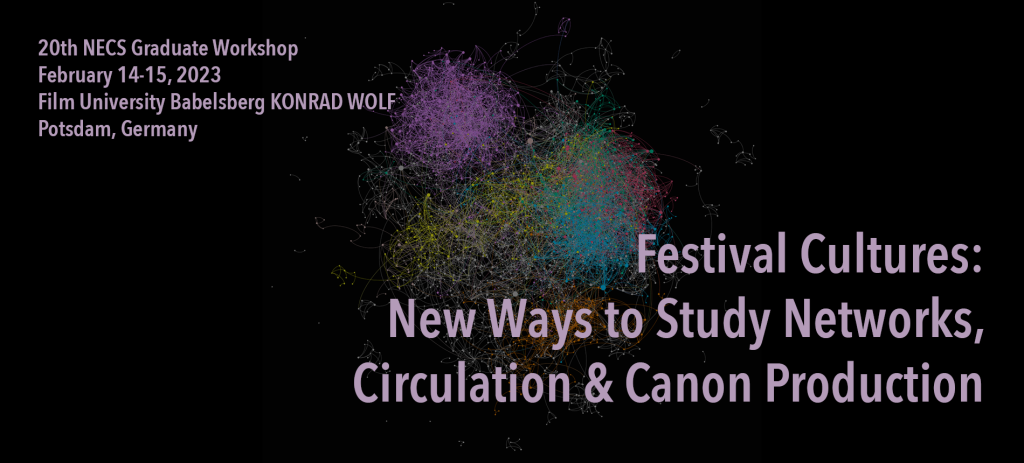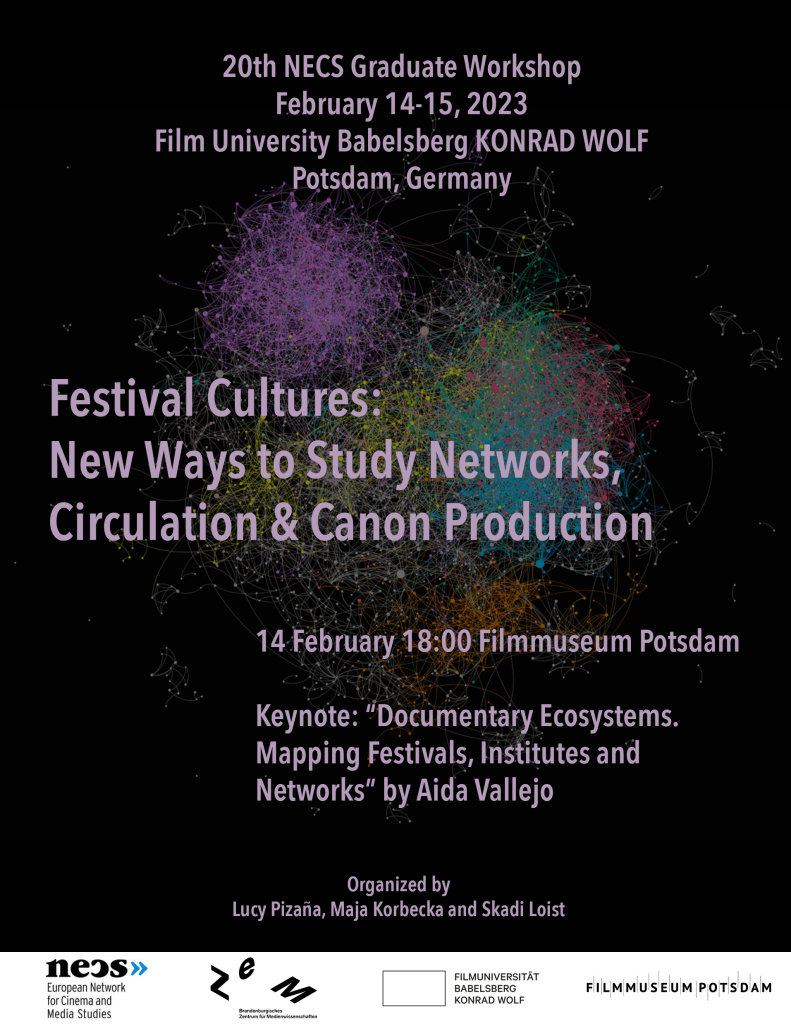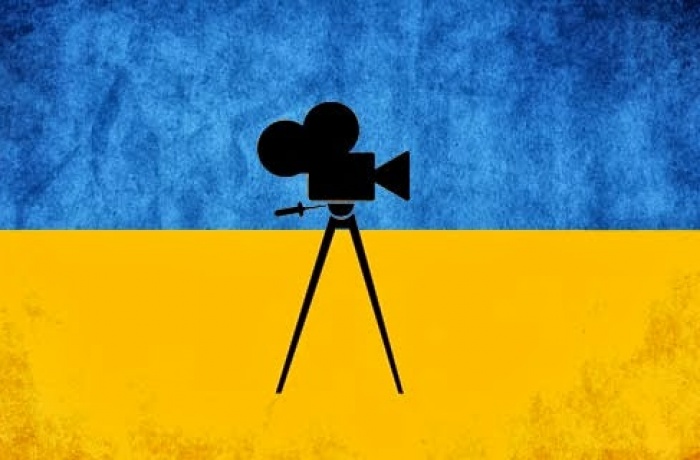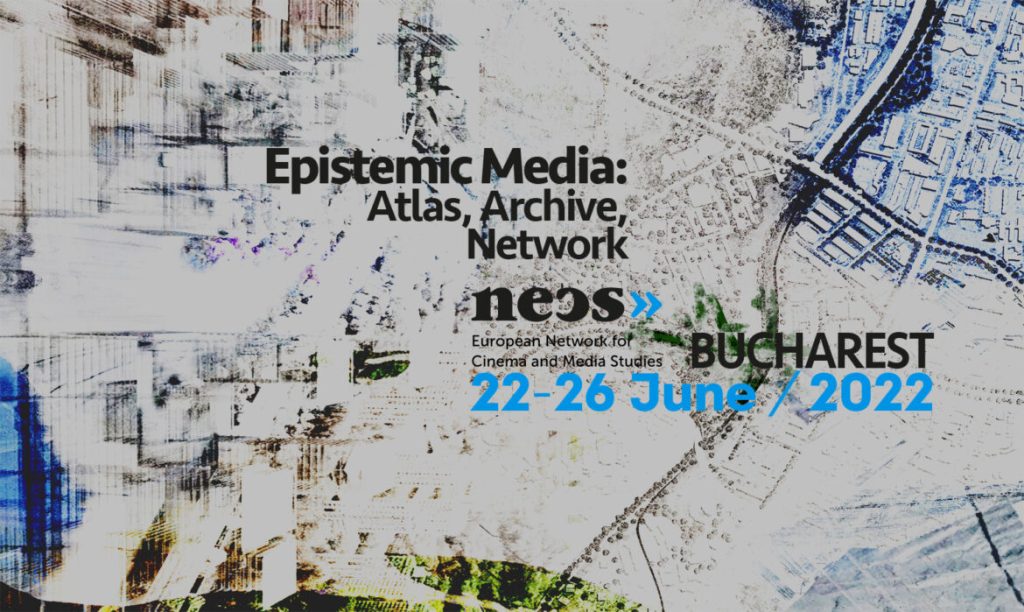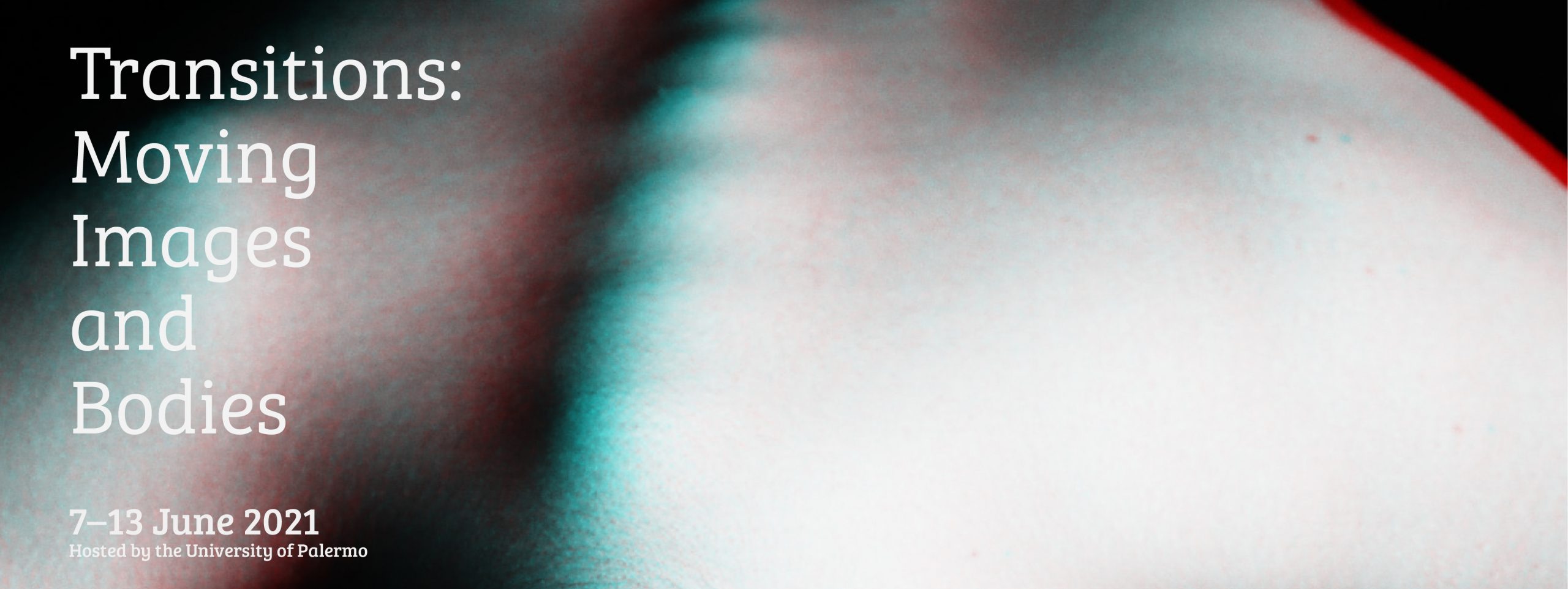
Shaping Film Festivals In a Changing World: Practice and Methods is just out in open access with the Amsterdam University Press: https://library.oapen.org/handle/20.500.12657/97253
This collection comes out of a conference conceived before the Covid-19 pandemic hit and was then reconceptualized as an online event, and has now turned into an OA publication.
This volume is a collective attempt on the part of a community of academics, film festival curators, and archivists to come to terms with practical and intellectual challenges of the pandemic and post-pandemic realities affecting cultures of film festivals. The collection draws contours of critical inquiry orienting current film festival research and practice to explore new directions in archiving and decolonizing practices and big data analysis in the post-Covid-19 context and beyond. The four-part study gathers the voices of academics and practitioners who engage in a dialogue to articulate critical areas for both study and practice of film festivals, and identifies conceptual tools to address them: “Archival Turn,” “Decolonizing Film Festival Studies,” “Post-Covid-19 and Film Festival Studies” and “Data Visualization and Film Festival Research and Practice.”
Among the contributors from film festival research and practice are: Piers Handling, Antoine Damiens, Jonathan Petrychyn, Juana Suarez, Estrella Sendra, Jasper Vanhaelemeesch, Jonathan Ali, Rachel Johnson, Alexandra Colta, Maria Delgado, Ger Zielinski, Hebe Tabachnik, Jim Kolmar, Skadi Loist, Aida Vallejo Vallejo, María Paz Peirano, Brendan Kredell, Tamara Falicov
There will be a book launch for the publication at the SCMS in Chicago in April. Please, join us if you are there.
Table of Contents
Acknowledgments
Introduction
Part 1: Archival Turn
Chapter 1 – Practitioner talks: Piers Handling – The Red and the Black: The State and the Privateers, Different Approaches to Organizing Film Festivals
Chapter 2 – Antoine Damiens – Archival Research and Festival Studies’ Historiographical Narratives
Chapter 3 – Jonathan Petrychyn – Film Festivals as Affective Economies: Methodologies for Following Buzz as Film Festival Effect
Chapter 4 – Practitioner talks: Juana Suarez – Film Preservation, Archives and Film Festivals in Latin America
Part 2: Decolonising Film Festival Studies: Practice-based/practice-led and collaborative methodologies
Chapter 5 – Estrella Sendra – Positionality, Immersive Methodology and Collaboration in Film Festival Research
Chapter 6 – Jasper Vanhaelemeesch – Immersion, Reflection, Triangulation: Festival Research Methods in Small and Precarious Cinemas
Chapter 7 – Practitioner talks: Jonathan Ali – Providing Needed Space for Caribbean and Diaspora Filmmakers in Miami
Chapter 8 – Rachel Johnson – On Studying Film Festivals and Migration: Borderlands and Beginnings
Chapter 9 – Alexandra-Maria Colta – Unraveling Curatorial Dilemmas: Practice-led and Auto-ethnography in the Study of Human Rights Film Festivals
Part 3: Post-Covid 19 and Film Festival Studies
Chapter 10 – Practitioner talks: Maria Delgado – Programming under Covid: London Film Festival 2020
Chapter 11 – Ger Zielinski – Steps to a Greener Film Festival Studies: A Multidisciplinary Subfield and the Environmentalist Turn
Chapter 12 – Practitioner talks: Hebe Tabachnik – Festivals Must Not Only Nurture Audiences: They Must Create Them Too
Chapter 13 – Dorota Ostrowska – Tell me why you care? Film Festival Cultures, Ethics and Aesthetics of Care
Chapter 14 – Practitioner talks: Jim Kolmar – Film Festivals in the Time of Covid-19 – A Programmer’s Perspective
Part 4: Data Visualization and Film Festival Research and Practice
Chapter 15 – Skadi Loist – Studying Film Circulation: Moving Film Festival Research to an Evidence-Based, Global Perspective
Chapter 16 – Aida Vallejo & María Paz Peirano – From the Field to the Data-base: Combining Methods in Film Festival Research
Chapter 17 – Brendan Kredell – Independent Film and the US Festival Circuit
Bibliography
Index


